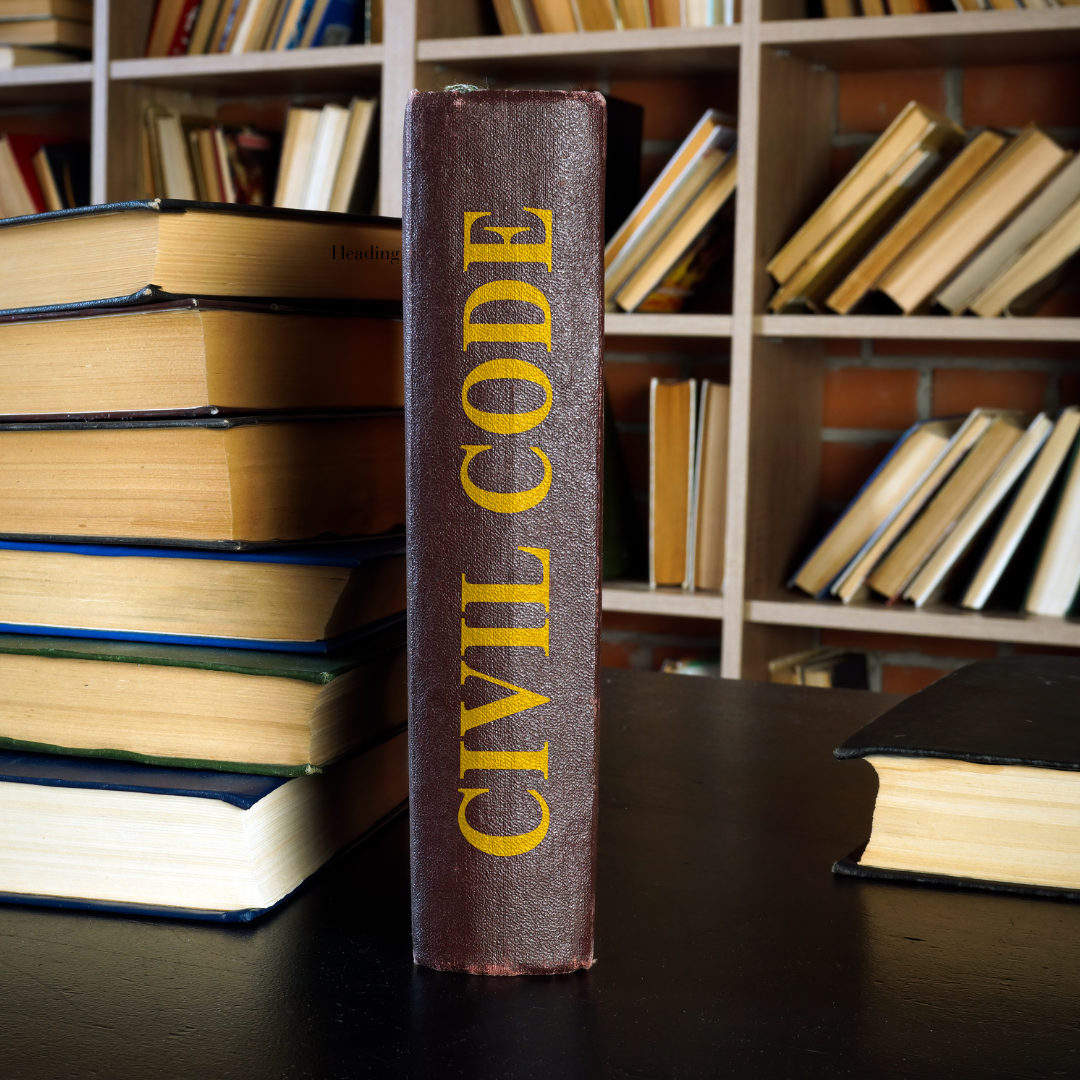
Sources of Civil Law in the UAE
Civil Law in the UAE
Civil law in the UAE primarily deals with disputes between individuals or organizations, including matters related to contracts, property, family issues, and personal injury claims. The UAE’s civil law is heavily influenced by Islamic Sharia law, but it also incorporates elements of civil law traditions from other countries, reflecting the UAE’s diverse legal heritage.
Key areas of civil law in the UAE include:
-
Contract Disputes: Whether it's a breach of contract or a disagreement over contract terms, civil law provides mechanisms for resolving such disputes fairly.
-
Property Law: This area governs the ownership, leasing, and transfer of property. It is essential for both locals and expatriates, especially when buying or renting property in the UAE.
-
Family Law: Family-related issues, such as divorce, child custody, and inheritance, are also handled under civil law. The UAE has specific courts that deal with family matters, ensuring that all parties involved receive just treatment.
-
Personal Injury Claims: Civil law also covers personal injury claims, where individuals seek compensation for injuries caused by another party’s negligence or wrongdoing.
Commercial Law in the UAE
Commercial law, on the other hand, governs business activities and transactions. It plays a crucial role in regulating trade, ensuring that businesses operate within a legal framework that promotes fairness and competition.
Key areas of commercial law in the UAE include:
-
Company Formation: The UAE offers various options for company formation, including free zones, mainland companies, and offshore entities. Commercial law governs the establishment and operation of these entities, ensuring compliance with local regulations.
-
Mergers and Acquisitions (M&A): The UAE is a hotspot for M&A activities, with commercial law providing the legal framework for these complex transactions. This includes due diligence, contract negotiations, and regulatory approvals.
-
Bankruptcy and Insolvency: Businesses facing financial difficulties can rely on commercial law to guide them through bankruptcy or insolvency proceedings. The UAE has modernized its bankruptcy laws to provide more protection and options for businesses in distress.
-
Trade and Commerce: Commercial law regulates the buying and selling of goods and services, both within the UAE and internationally. This includes the enforcement of contracts, dispute resolution, and compliance with trade regulations.
The Importance of Legal Support
Navigating civil and commercial law in the UAE can be challenging, given the complexities and nuances of the legal system. This is why it is crucial for businesses and individuals to seek expert legal advice when dealing with these matters. Experienced lawyers can provide the guidance necessary to ensure compliance with the law, protect your rights, and achieve favorable outcomes in disputes.
Conclusion
Understanding civil and commercial law in the UAE is essential for anyone engaging in business or legal matters in the region. Whether you are setting up a company, entering into a contract, or dealing with a legal dispute, having a solid grasp of these legal areas will help you navigate the system more effectively and protect your interests.

